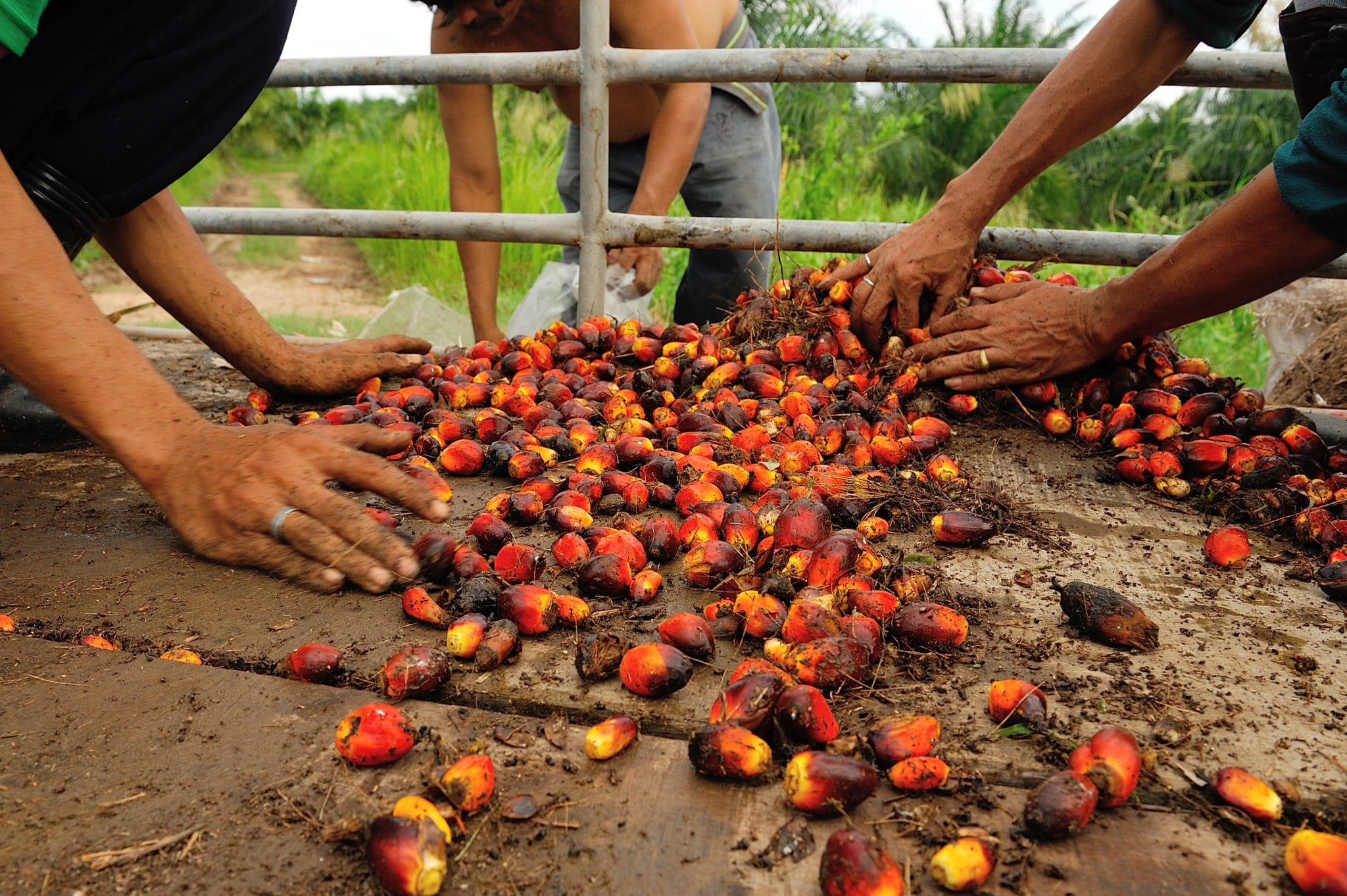
Nigeria’s Golden Crop: The Untold Story of Oil Palm and Its Enduring Legacy
In the lush heartlands of West Africa, where sun-drenched fields stretch beyond the horizon and the scent of the earth is rich with promise, one crop has silently shaped the story of a nation, the oil palm. Known as Nigeria’s “golden crop,” this remarkable tree isn’t just a source of oil; it’s a living symbol of resilience, history, and economic might.
Ancient Beginnings: A Sacred Bond with the Land
Oil palm cultivation in Nigeria isn’t a modern miracle; it’s an ancient tradition rooted in over 5,000 years of history. From the early days of the Nok culture to the grandeur of the Benin Kingdom, the oil palm has been revered not just for its fruit, but for its entire being. Leaves were used for shelter, fruit for food and oil, and fibers for ropes and mats, nothing was wasted. These early civilizations didn’t just farm palm trees, they built a cultural and economic legacy that still thrives today.
Colonial Influence: From Tradition to Global Trade
The colonial era ushered in a new chapter in Nigeria’s oil palm journey. British colonialists, ever watchful for economic opportunity, identified palm oil as a commodity with global appeal. As European demand soared, Nigeria became a critical supplier, and palm plantations bloomed across the coastal regions.
Under European control, these plantations grew vast and dense, forming green empires that transformed Nigeria into a key player on the global palm oil stage.
Economic Lifeline: Powering Prosperity
Fast-forward to the present, and oil palm remains a cornerstone of Nigeria’s agriculture and economy. As Africa’s largest producer and the world’s fifth-largest, Nigeria’s palm oil industry supports millions of livelihoods, from smallholder farmers and local processors to exporters and traders.
From rural villages to bustling ports, palm oil fuels economic activity, feeding families, creating jobs, and empowering communities.
Social Impact: Empowering Rural Nigeria
Beyond its monetary value, oil palm is a driver of social change. In regions where opportunities are scarce, the palm oil industry provides hope and stability. Women, often the unsung heroes, play a pivotal role in planting, harvesting, processing, and marketing, helping to lift entire families out of poverty.
Farmer cooperatives, passed down through generations, are redefining rural economies, one harvest at a time.
Challenges and the Road Ahead
However, not all is golden in the palm oil sector. Infrastructure gaps, aging plantations, climate change, and foreign competition threaten the industry’s future. Add to that growing global concerns about sustainability and deforestation, and the road ahead demands urgent action.
But with challenge comes opportunity. From sustainable farming initiatives to value-added processing, Nigeria is uniquely positioned to lead a responsible, regenerative palm oil revolution.
A Vision for the Future
The story of oil palm in Nigeria is more than a tale of trade, it’s a story of identity, heritage, and future potential. As Nigeria looks toward a more inclusive and sustainable agricultural future, the oil palm stands tall as a beacon of hope and resilience.
By investing in sustainable practices, empowering rural communities, and modernizing infrastructure, Nigeria can unlock the full promise of its golden crop.
Final Thoughts
The journey of oil palm in Nigeria is far from over. It is a living legacy, one rooted in history, thriving in the present, and blooming with possibility. As the world leans into sustainable growth, Nigeria has a powerful role to play.
The oil palm isn’t just a crop. It’s our heritage. Our opportunity. Our future.


